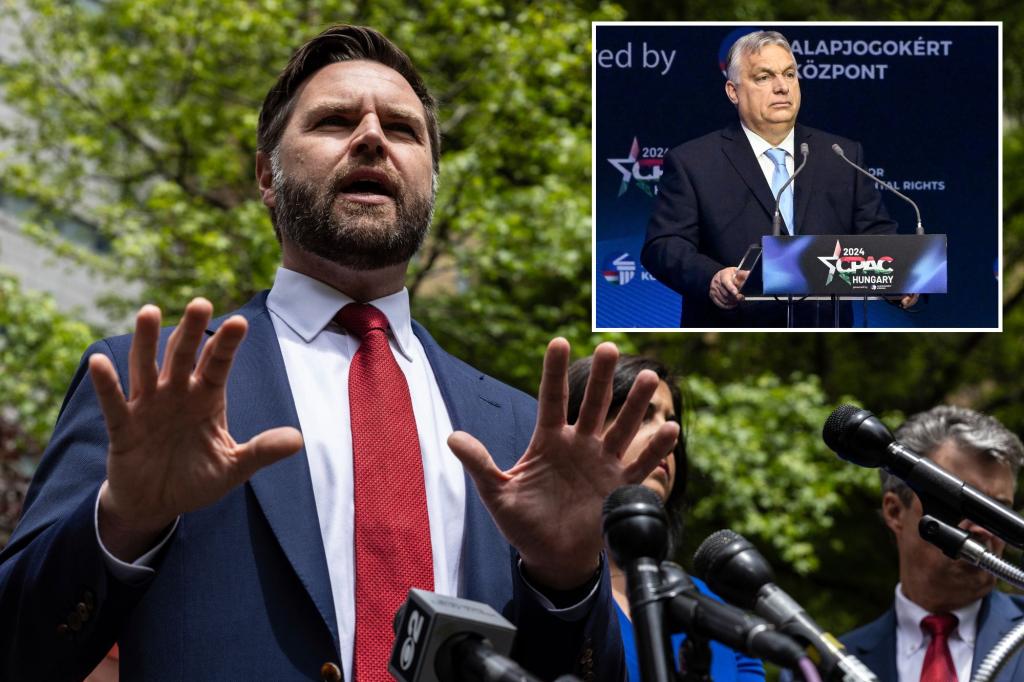Ohio Republican Senator JD Vance recently defended Hungarian Prime Minister Viktor Orbán’s actions, including his crackdown on higher education, amid criticism from US politicians. Vance praised Orban’s efforts, stating that taxpayers should have influence over how their money is spent on universities. In February, Vance claimed that Orban’s actions against universities were the closest conservatives had come to addressing left-wing domination in higher education.
However, moderator Margaret Brennan pointed out that Orban had seized control of state universities and placed them under the control of his allies. Vance argued that universities in the US are controlled by left-wing foundations rather than taxpayers, and are not providing quality education while burdening students with high levels of debt. Although he acknowledged that Orban’s actions in Hungary included rewriting the constitution, neutering the courts, and controlling the media, he emphasized that he was specifically referring to the prime minister’s reform on education.
Orban has received praise from pro-Trump conservatives like Tucker Carlson and former President Donald Trump, but has also faced criticism from others within the conservative movement who view him as authoritarian. Senate Minority Leader Mitch McConnell, for example, spoke out against Orban, warning against taking foreign policy cues from Hungary. McConnell specifically criticized Orban’s courting of relations with China, while Vance blamed weak leadership in Washington for pushing nations towards the Chinese.
Vance argued that Orban’s alignment with China was due to American leadership making poor decisions and failing to prioritize self-reliance. He highlighted the need for the US to have a more strategic foreign policy to prevent other nations from turning to China. Orban’s actions in stalling Sweden’s ascension into NATO in March also drew condemnation, with critics arguing that Hungary stood at a crossroads involving powers that threaten US security and prosperity.
Despite bipartisan criticism in the US, Vance reiterated his support for Orban and his stance on higher education, defending the prime minister’s actions while acknowledging that he did not endorse everything Orban had done. However, the debate surrounding Orban’s crackdown on universities, as well as his overall governance and foreign policy decisions, reflects a broader ideological divide within the conservative movement regarding authoritarian leadership and foreign relations. Ultimately, the controversy surrounding Orban’s actions in Hungary serves as a point of contention among politicians both in the US and abroad.













